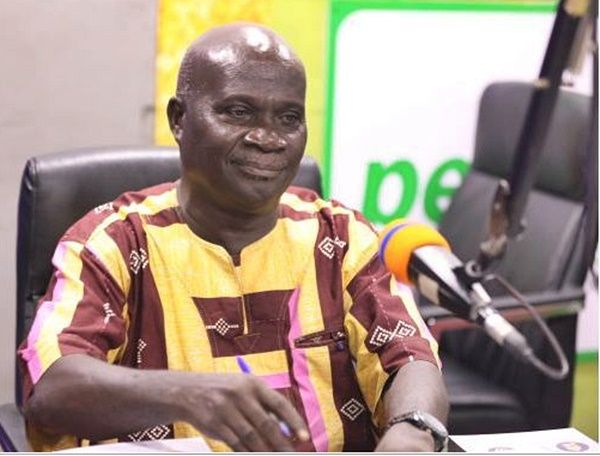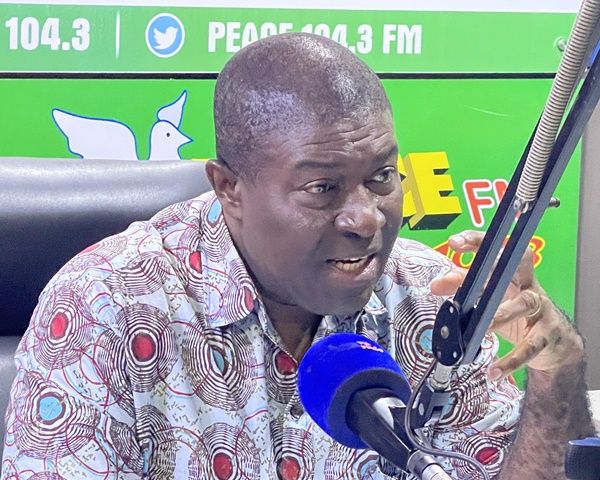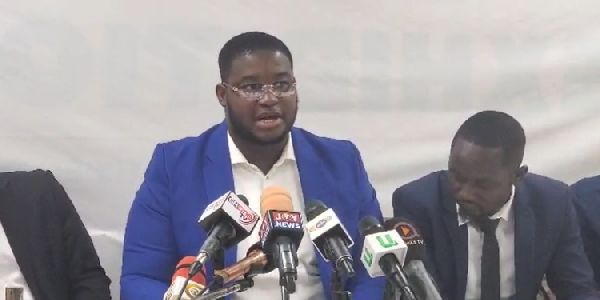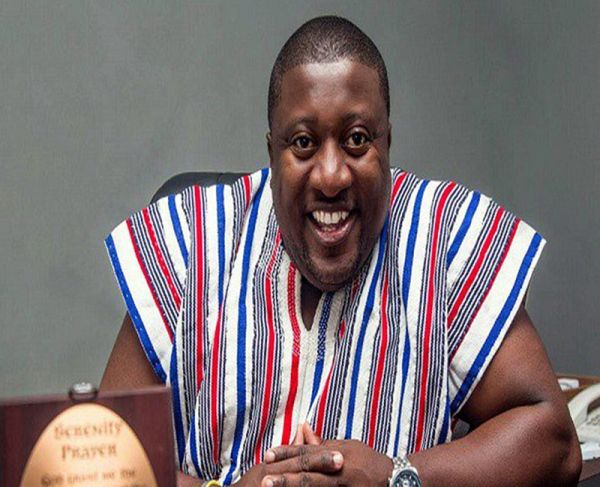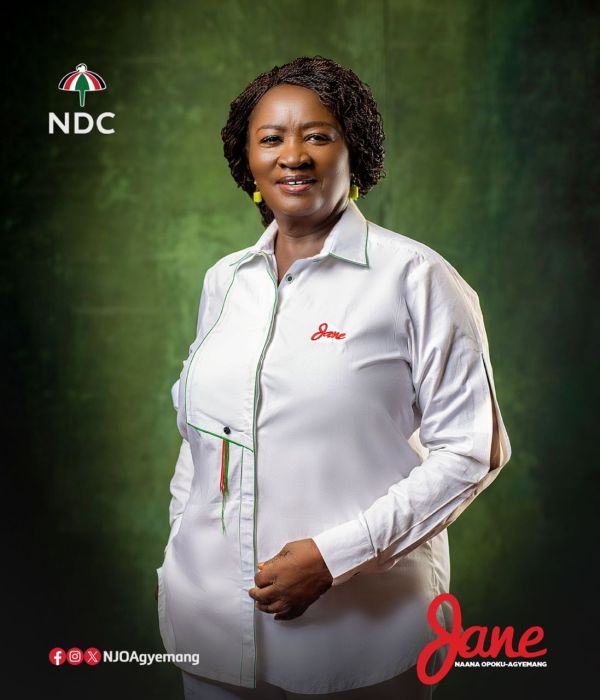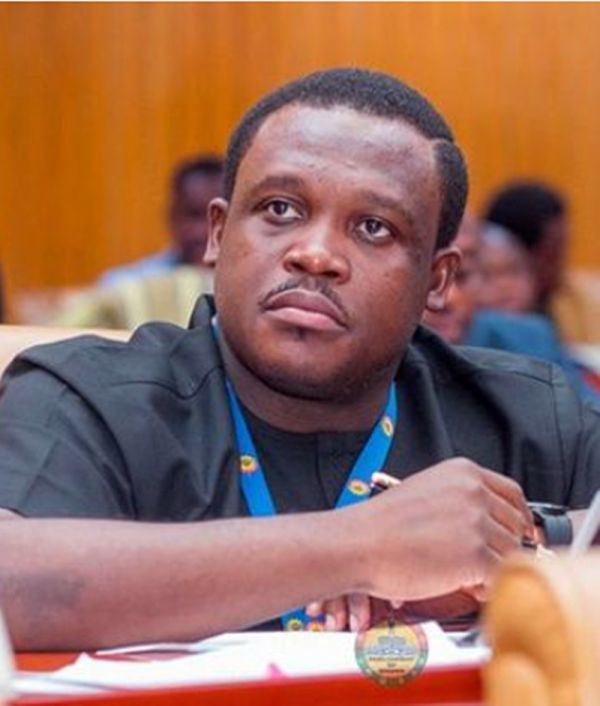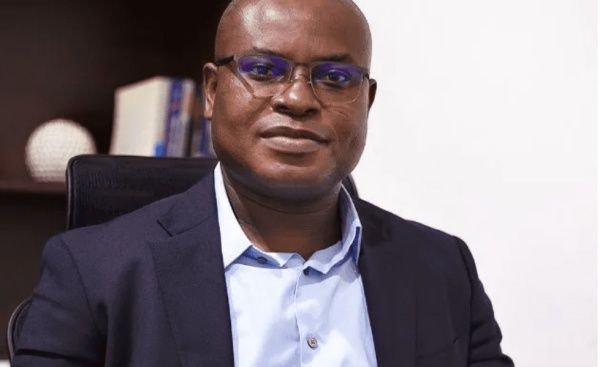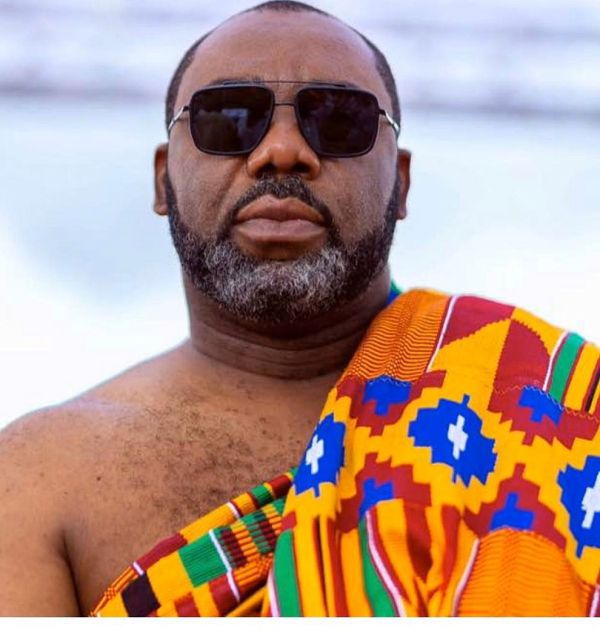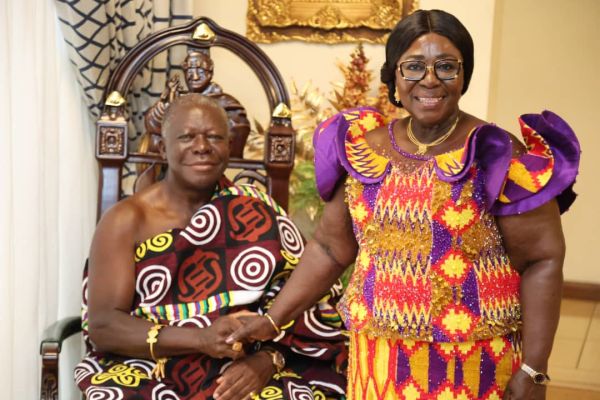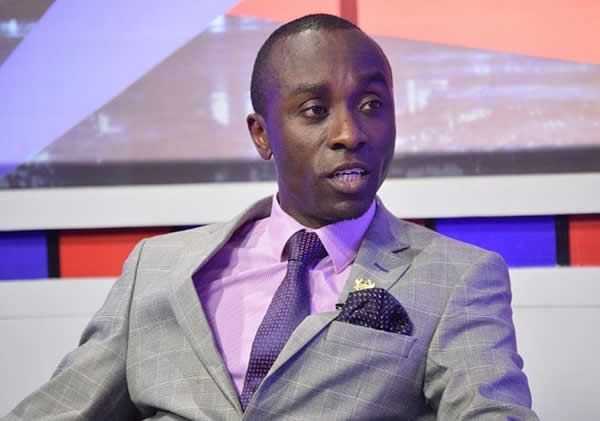
Deputy National Communications Diretcor of the ruling New Patriotic Party (NPP), Ernest Owusu Bempah, has responded to a comment made by the World Bank Country Director, Pierre Frank Laporte in an interview with TV 3.
The World Bank Country Director (Ghana), Pierre Frank Laporte believes that the energy sector is costing government and unless critical reforms are happening in this sectors, it will continue to be a burden, and it is part of the problems that forced Ghana into a situation where the country is now seeking support from the International Monetary Fund (IMF).
According to Mr. Owusu Bempah the bad governance led by former President John Dramani Mahama has been confirmed by the World Bank Country Director.
"The energy sector is saddled with huge avoidable debt occasioned by this bad power purchase agreement by the former Energy sector ministry under John Dramani," Ernest Owusu Bempah said in an interview with Peacefmonline.com.
"The NDC created a self artificial power crises to allegedly pocket millions of cedis, and this made them sign these dubious power purchase agreements that has created so much mess for the current government to bare all these costs," he added.
According to him the ruling New Patriotic Party (NPP) is the only party that can salvage Ghanaians from this mess and the greedy nature of the NDC.
"The NDC signed an agreement with Eni which produces and supply gas . . . and this has accrued so much . . . the country have started paying also for annual excess gas capacity charges of between $550million and $850 million every year due to this contracts that the previous government entered into..."
He said if not for this avoidable bad debt, Ghana would have had in excess of about 7 billion dollars which wouldn't have made us run to the IMF for economic support.
" . . Somebody has run the entire economy, the energy sector into take-or-pay and we are paying a huge debt while we need this billions of dollars to turn around the economy," he lamented.
0

World Bank Country Director says unreasonable energy sector agreement forced Ghana into IMF
The World Bank Country Director (Ghana), Pierre Frank Laporte believes that the energy sector is costing government and unless critical reforms are happening in this sectors, it will continue to be a burden, and it is part of the problems that forced Ghana into a situation where the country is now seeking support from the International Monetary Fund (IMF).
According to him, albeit the impact of the Covid-19 which he said has resulted in the difficult environment for businesses, he indicated that spillovers from the energy sector is another major cause.
"There are leakages currently, the level of exemptions of taxes are high . . . the energy sector is costing government today and unless critical reforms are happening in this sectors, it will continue to be a burden and there solutions," he noted.
Ghana is currently paying over GHS12 billion for power not used as a result of the cost of pay-or-take contracts.
The Finance Ministry has so far paid over GH₵12 billion as the cost of excess energy capacity charges inherited since 2017 just to keep the lights on. This huge amount was paid for electricity that the country did not use (excess capacity) but had to be paid anyway due to the nature of power contracts signed during the era of the past government.
Mr Laporte, speaking in an interview with TV 3, pointed out those losses in the energy sector are compounding the challenges.
Energy Sector Reform Programme (ESRP)
Ghana has an installed capacity of about 5,000 megawatts and dependable capacity of about 4,700MW with all time high peak demand of 2,700MW. This means since 2017, Ghana has had to look for money to pay about 600MW of excess capacity that was never used.
To address this inimical issue, government boldly and innovatively crafted the Energy Sector Reform Programme (ESRP) to effectively deal with all key issues in the energy sector.
Under ESRP, the government is renegotiating with IPPs to convert purchase agreements from Take-or-Pay to Take-and Pay to put an end to the payment of excess capacity that keeps adding to Ghana’s debt stock.
Specifically, government paid $520m(GH¢2.7 billion) energy sector debt in 2018; $604m(GH¢3.14 billion), 2019, $1billion (GH¢5.2 billion) payment in 2019 and now paying over $1billion.
The costs to government would increase over time due to an accumulated total of over $12.5 billion by 2023 if business as usual in the energy sector continues.
Due to the expensive power purchase agreements that included Pay-or-Take between 2010 and 2016, electricity tariff was increased over an


